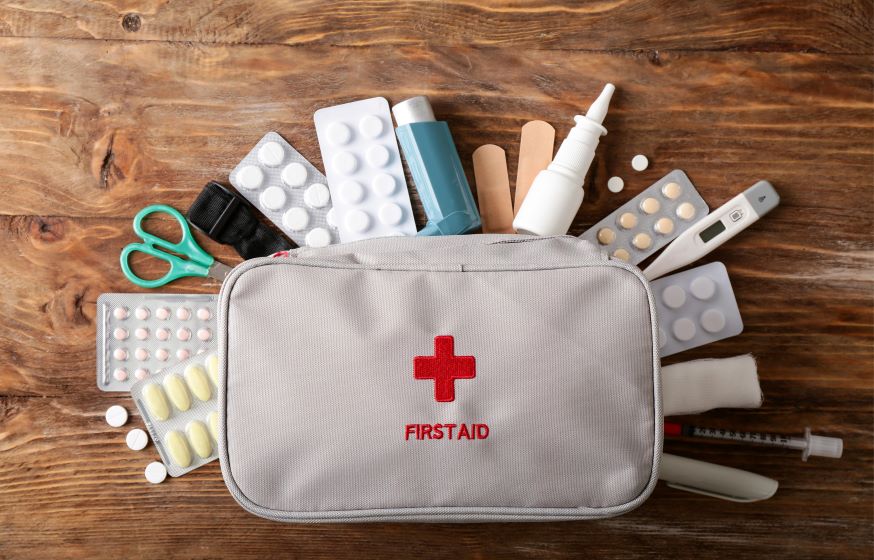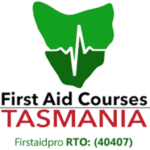Drug overdose occurs from consuming large quantities of substances in a short period of time, all at once. The liver may not be able to metabolize all the ingested toxins, which can result in poisoning.
An overdose, regardless of the substance used, always constitutes an emergency. Once it takes place, a quick first aid response is essential to prevent life-threatening impacts.
Learn The Signs Of A Drug Overdose
Potential symptoms of overdose may include
- Marked mental confusion
- Feeling faint or difficulty remaining unconscious
- Complete loss of consciousness
- Vomiting
- Slowed, irregular breathing
- Slowed heart rate (heartbeat stops)
- Extreme low body temperature
- Pale or blue-tinged, clammy skin.
Preventing drug addiction and its consequences begins with awareness. If you or others are experiencing signs of overdose, it is essential to seek help and proper guidance from health professionals.
The Do’s And Don’ts For Drug Overdose
The steps outlined in this part are recommended to reduce the number of deaths resulting from a drug overdose.
Do’s:
Do Administer Naloxone
Administer naloxone to the patient, a known drug that reverses the effects of opioids. It is given through intranasal spray, intramuscular (into the muscle), or intravenous injection.
If the person who suffers from an overdose does not respond within a few minutes after the first intake, administer a second dose of naloxone.
Do Put The Patient On Their Side
First aid professional recommends putting the person in the recovery position (on their side) to help them breathe independently.
Do Administer CPR
Support the patient’s breathing activity by administering CPR.
If the person is not breathing or has difficulty breathing, provide few quick rescue breathes and chest compressions.
Do Call Emergency Services
If the person appears physically unwell and has lost consciousness, seek urgent medical attention. Dial triple 000 and ask for emergency assistance.
Continue administering CPR and other first-aid resuscitation techniques while waiting for ambulance to arrive.
Don’ts:
Don’t Put The Person In The Shower
Placing the person into a cold bath or shower only increases the risk of falling, drowning, or going into shock.
Don’t Let The Person Sleep
It is dangerous for a person who overdosed on drugs to pass out and sleep. Keeping them awake is necessary as it makes it easy to monitor their condition and treat any developing symptoms.
Also, loss of consciousness through passing out may indicate that the condition is getting worse.
Don’t Try To Make The Person Throw Up
Trying to make involuntary vomit will only cause further injury. Force vomiting may put the person into shock and make cause them to choke by inhaling vomit into the lungs.
Seek Help From Emergency Services
A drug overdose needs immediate medical attention, call triple zero (000) as soon as possible.
An essential step in providing care is to get someone with medical expertise that will help stabilize the patient’s condition. If no EMS or trained personnel are on the scene, activate the 000-emergency system immediately.
Tell the dispatcher the current situation and provide a specific address or the description of the current location. Follow the dispatcher’s instructions including the performance of CPR when deemed necessary.
Never leave the person who has overdosed on drugs. Stay with them as you monitor their condition and provide help as needed.
Knowledge Is Power: The Importance Of Early CPR
Illicit drugs become more dangerous as tolerance to their effect increases over time. It means that the user may consume more drugs in the future to experience the initial desired effects as before.
Over time, drug dependency takes a hold of the brain as it becomes dependent on the dopamine rush. These eventually lead to brain damage, along with other long-term health effects.
Early recognition of substance use disorder, the higher chances of preventing cases of drug overdose. The earlier the interventions take place, the better the recovery outcome will be.
Bystander CPR also helps in reducing negative health impacts, such as injury to the brain and other vital organs.
Learn first aid to know how to administer naloxone to stop overdose and save lives.








